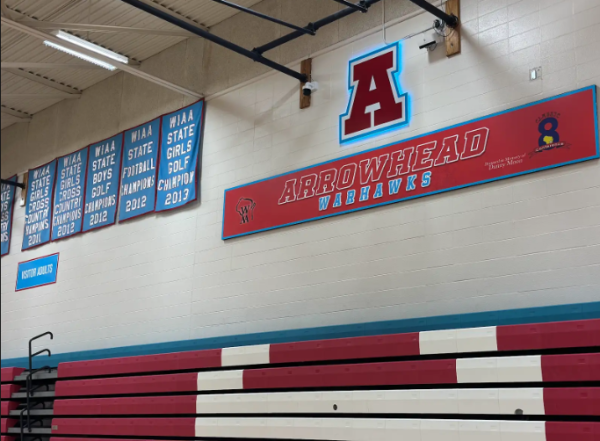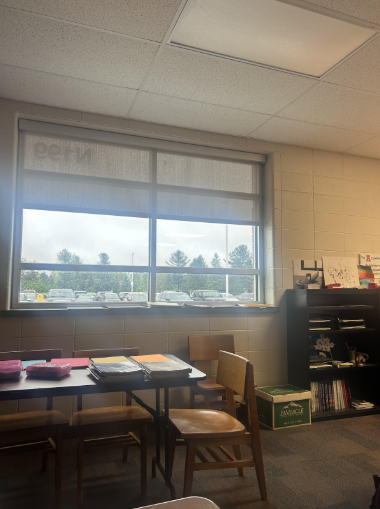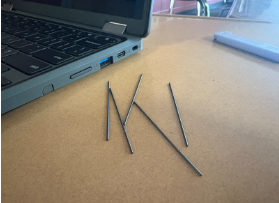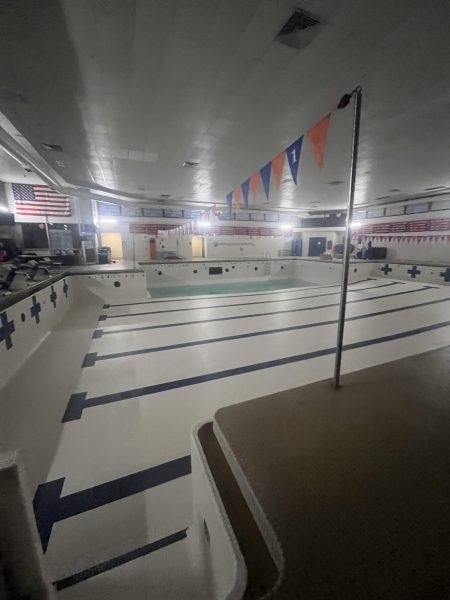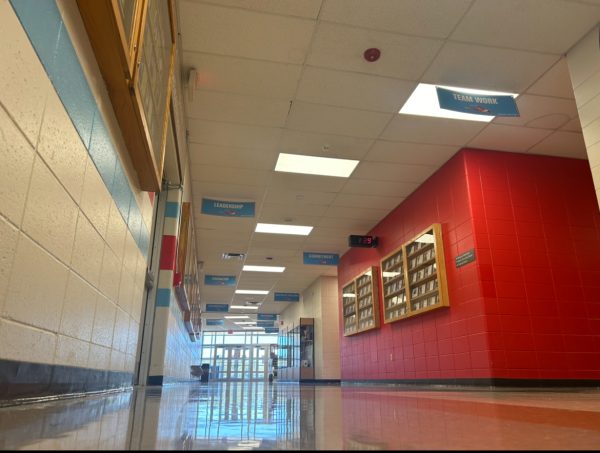Arrowhead Students Sweep Sejong Writing Competition
Every year, students in creative writing classes at Arrowhead enter a national sijo writing competition hosted by the Sejong Cultural Society, in collaboration with the Korean Institute at Harvard University.
Sijo is a form of poetry originating from Korea that consists of three lines. The first line is a theme, the second line an elaboration, and the third a counter-theme and conclusion. Each line contains 14-16 syllables, for a total of 44-46 syllables.
This year, students in Elizabeth Jorgensen’s Creative Writing classes took the top three places in the competition for the pre-college division.
Terri Carnell, another English teacher, had a student win an honorable mention. Carnell was also a second place winner in the adult division. She submitted a sijo about teaching from home during COVID-19. She won $750.
Senior Livia Huang, the first-place $500 winner, wrote a sijo titled “Five More Minutes” about her grandparents’ love for each other.
Huang says, “I love how the few syllables could contain so much meaning, and I’m very grateful for all the encouragement from my English teacher Ms. Jorgensen to express my passions in writing.”
Senior Sydney Stemper, the second-place $400 winner, wrote a sijo titled “The Snow” that describes falling into a relationship.
Stemper says, “While writing my sijo, I learned about the format of it, and how it is different from a haiku.”
Haikus are an East Asian form of poetry that consists of three lines. The first line is five syllables, the second line is seven syllables, and the last is another five syllables.
Junior Allison Gardner, the third-place $300 winner, wrote a sijo titled “Dandelions” about collecting flowers for a loved one’s grave.
Gardner says, “I heard about this competition from my creative writing teacher, Ms. Jorgensen. She taught me the sijo form and I learned about how I can express my feelings of loss. I learned that losing someone isn’t always about frustration and pain; it’s also about acceptance. I recently lost a family member, and after writing this poem, it helped me manage my grief.”
Honorable mentions, winning $50, included senior Abigayle Groth and junior Reilly Mader.
Groth, wrote a sijo about beauty. She says, “I entered this competition through my advanced composition class. I am thankful for my teacher, Mrs. Carnell, for showing me this competition and teaching me about the craft of writing sijos.”
Madder wrote his sijo on a family member leaving for college titled “You’ll See.” He says, “When writing my sijo poem, I realized that expression comes in different varieties including pure emotion, past knowledge, and current thoughts. I learned that I am not as tough as I may have thought; I’m emotional and care very strongly about my family and their actions and how they affect me.”
Carnell says, “Although I have been an English teacher for 27 years, I taught a creative writing class for the first time this year. And, with the help of my colleague Liz Jorgensen, I loved it. She introduced me to the sijo format and competition, providing me with examples and encouragement as I tried a few topics, finally settling on one I liked. And, since I always write along with my students, they were able to see my process—struggles and successes—which inspired them to write their own sijo poems and enter the competition as well.”
All poems and winner biographies can be found here.
